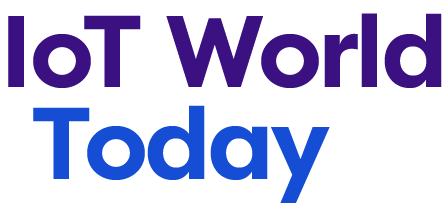International economy non-governmental organization The World Economic Forum (WEF) has described quantum computing as “the next global shock,” saying that it could pose radical global risks.
In The Global Risks Report 2024, WEF singles out the risk of cryptographically relevant quantum computers – future devices powerful enough to break public key encryption – to secure transactions, sensitive personal data, and industry trade secrets.
The report warns that national or even global critical infrastructure, such as banks, power grids and hospitals, could be paralyzed if quantum computers could power cyber-attacks on even the most secure systems. The worst-case scenario is that it may rapidly destabilize global security dynamics.
The WEF notes that criminal actors are already launching store now, decrypt later (SNDL) attacks on encrypted data, stealing and storing it until cryptographically relevant quantum computers are available. This could see the data owners blackmailed or the sensitive data sold to the highest bidder on the dark web.
The report also warns that adding the compute power of quantum computing could accelerate and intensify the risk presented by other emerging technologies, such as general-purpose AI, and give rise to novel global risks.
“Alongside productivity benefits and breakthroughs in fields as diverse as healthcare, education and climate change, advanced AI carries major societal risks,” the report says. “It will also interact with parallel advancements in other technologies, from quantum computing to synthetic biology, amplifying adverse consequences posed by these frontier developments.”





